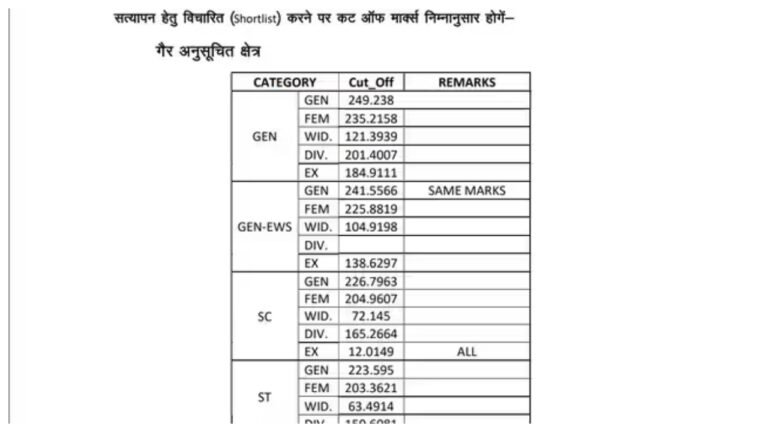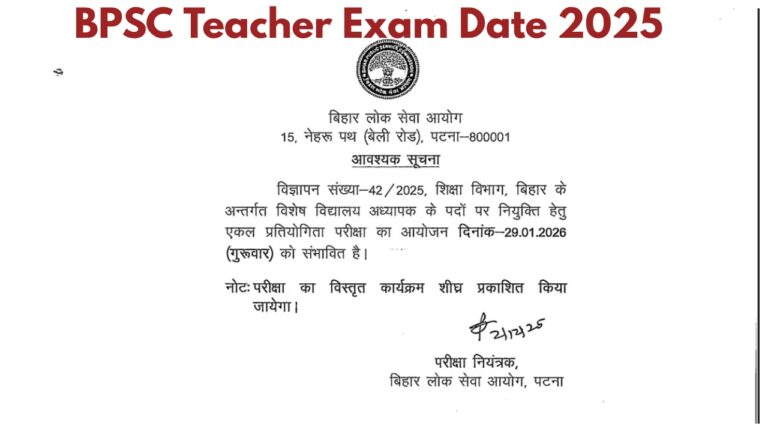The tenure of the 7th Pay Commission is going to end on 31 December 2025. In such a situation, the 8th Pay Commission is to be implemented from 1 January 2026. After the implementation of the new Pay Commission, apart from the dearness allowance and other allowances, changes can also be seen in the fitment factor. The fitment factor is considered to play an important role in deciding the basic salary of central employees.
It is being speculated that the fitment factor can be kept at 2.86 on the demand of the employee organization in the new pay commission. If this happens, the minimum salary of the employees can increase to ₹ 51,480, and the pension to ₹ 25,740! So, if you are also a central employee, then this news is very important for you. Know what this fitment factor is and what effect it will have on your salary.
How will your old basic salary get a new flight

The fitment factor is a coefficient number by which your old basic salary is converted into a new salary. Simply put, this is the number by which your current basic salary is multiplied to determine your revised basic salary! Due to this factor, the salary of central employees increases by more than two and a half times. Its simple formula is – New Basic Salary = Old Basic Salary × Fitment Factor. So, this small number has the power to bring a big change in your salary.
Basic salary of ₹20,000 expected to reach ₹57,200
When the 7th Pay Commission was implemented in January 2016, a fitment factor of 2.57 was fixed, due to which the minimum salary of central employees increased from ₹7,000 to ₹18,000. According to media reports, the fitment factor in the new pay commission can be fixed between 2.28 to 2.86. If this happens, then after the implementation of the 8th Pay Commission, the salary of central employees can increase by 40 to 50%.
For example, if the basic salary of an employee is ₹ 20,000, then it can range from ₹ 46,600 to ₹ 57,200. At the same time, if the current basic salary of an employee is ₹ 25,000, and a fitment factor of 2.86 is fixed in the 8th Pay Commission, then his new basic salary can be ₹ 25,000 × 2.86 = ₹ 71,500. This can be great news for the employees.

How much did the fitment factor increase in the Sixth and Seventh Pay Commissions
When the Sixth Pay Commission was implemented, there was a fitment factor of 1.86, which increased the salary by 54%. At the same time, in the 7th Pay Commission, the minimum salary was increased by 14.2% with a fitment factor of 2.57. In such a situation, it is clear that a higher fitment factor does not necessarily mean that the salary will increase more.
If a fitment factor of 2.86 is applied this time, there doesn’t need to be a huge increase in the basic salary of the employees. However, when the fitment factor was changed in 2016, the 7th Pay Commission was also implemented, which also led to changes in DA and allowances. Now we have to wait to see what the fitment factor is in the 8th Pay Commission and how much the salary will increase.










